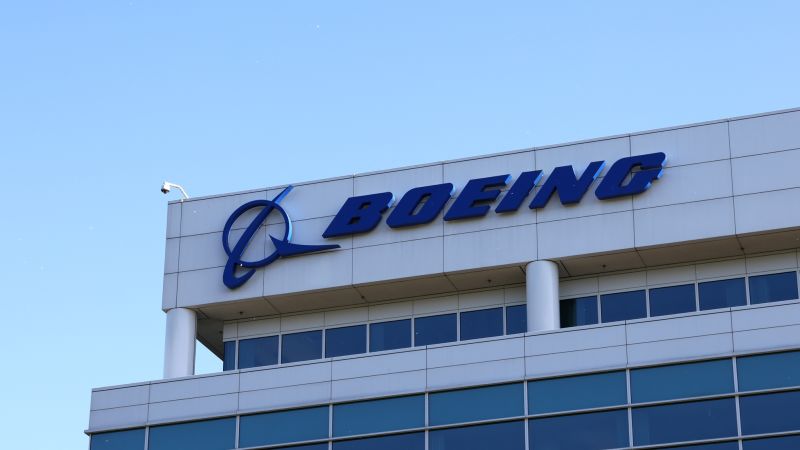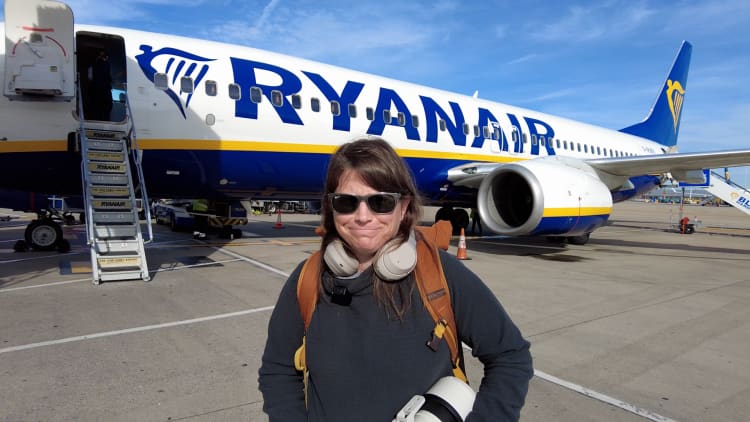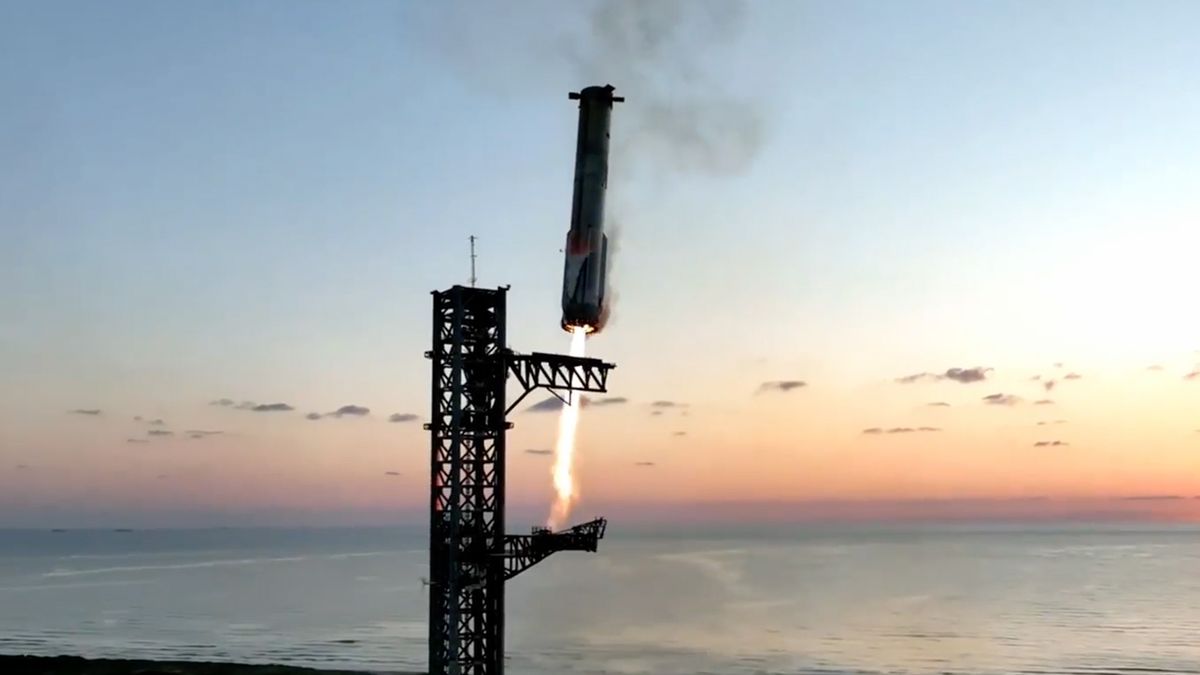Boeing CEO David Calhoun received both good and bad news on Wednesday. The Federal Aviation Administration (FAA) approved inspection criteria for the 171 grounded 737 Max 9 planes, allowing their potential return to service, while also launching another safety investigation into the company.
The FAA, while allowing the grounded planes to return to the air, cautioned that the January 5 Boeing 737-9 Max incident should never be repeated. This incident involved part of an Alaska Airlines flight detaching mid-air, prompting the FAA to halt any production expansion of the 737 Max lineup during its ongoing safety probe of Boeing.
Every one of the 171 grounded aircraft must undergo thorough inspections, including the assessment of bolts, fittings, and guide tracks for the door plug – the component that detached from the Alaska Airlines plane. Additionally, the process involves tightening fasteners and conducting detailed inspections of dozens of associated components.
In response, Boeing stated it will fully cooperate with the FAA and work closely with its airline customers to ensure the safe return of the 737-9 airplanes to service. Alaska Airlines anticipates the inspections to take 12 hours, with the first aircraft expected to return to service on Friday, and the rest to be completed next week.
United Airlines, which also received FAA approval, is preparing its 79 Boeing 737 Max 9 planes for a return to service, with the thorough inspection process being a priority before resuming scheduled flights.
Despite the approvals, FAA Administrator Mike Whitaker emphasized that Boeing is not in the clear yet. The FAA will not endorse any request from Boeing for an expansion in production or approve additional production lines for the 737 Max until it is satisfied that the quality control issues have been resolved.
During a meeting with Washington lawmakers, Calhoun defended the safety of Boeing’s planes and emphasized the company’s commitment to safety. Washington Democratic Sen. Maria Cantwell announced plans for future hearings to investigate Boeing’s safety record and ensure a focus on quality and engineering.
Boeing’s inability to increase its production of the Max is a significant setback for the company’s efforts to return to profitability, particularly following the 20-month grounding of the plane in 2019. Industry experts have expressed doubt about Boeing’s ability to emerge unscathed from the ongoing investigations and noted the company’s long-term quality and safety issues with its aircraft. The 737 Max’s design was found responsible for two fatal crashes, resulting in significant financial and reputational damage to the company.














